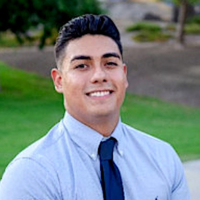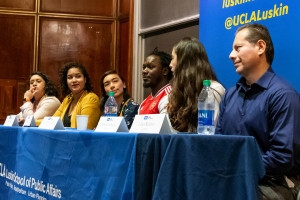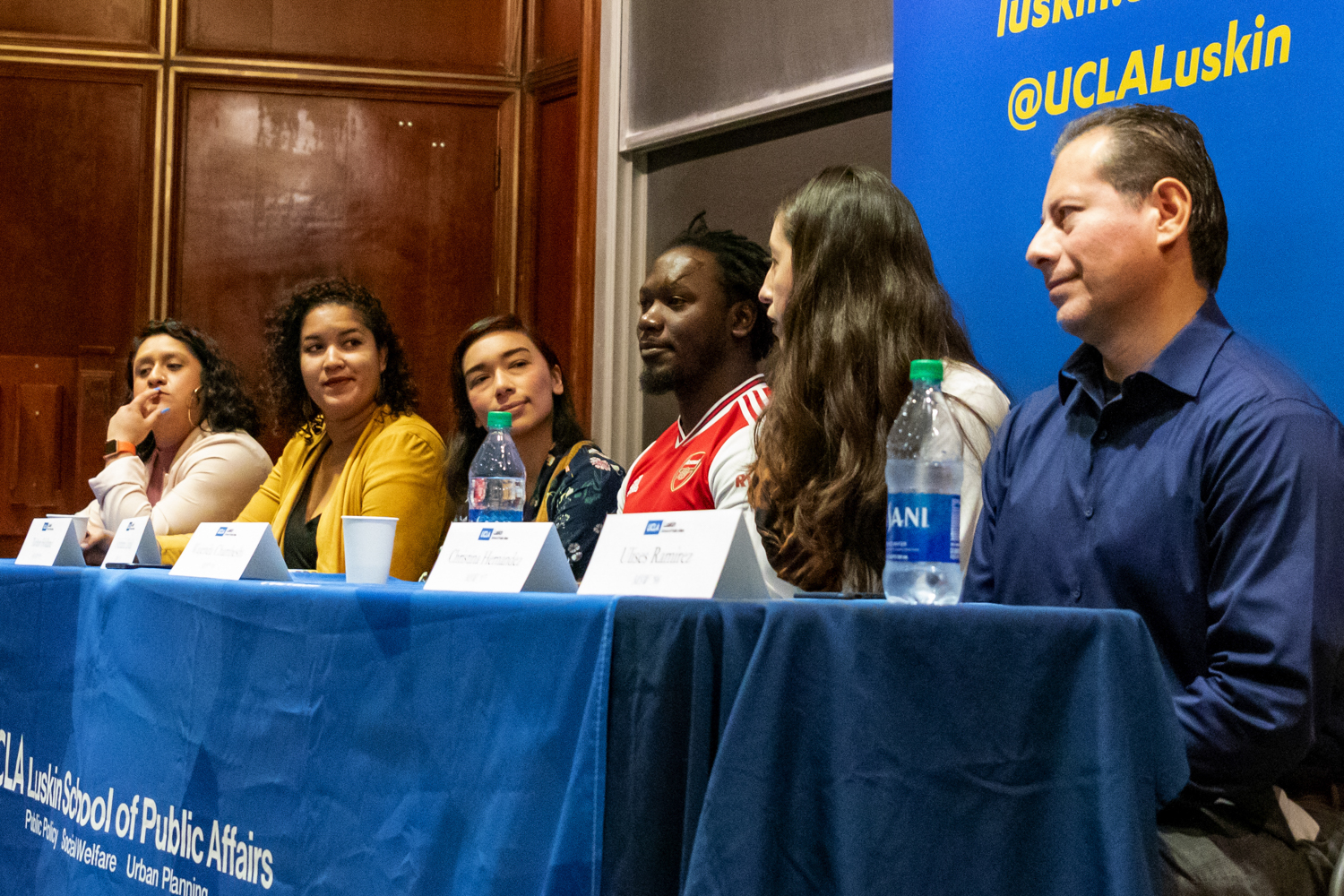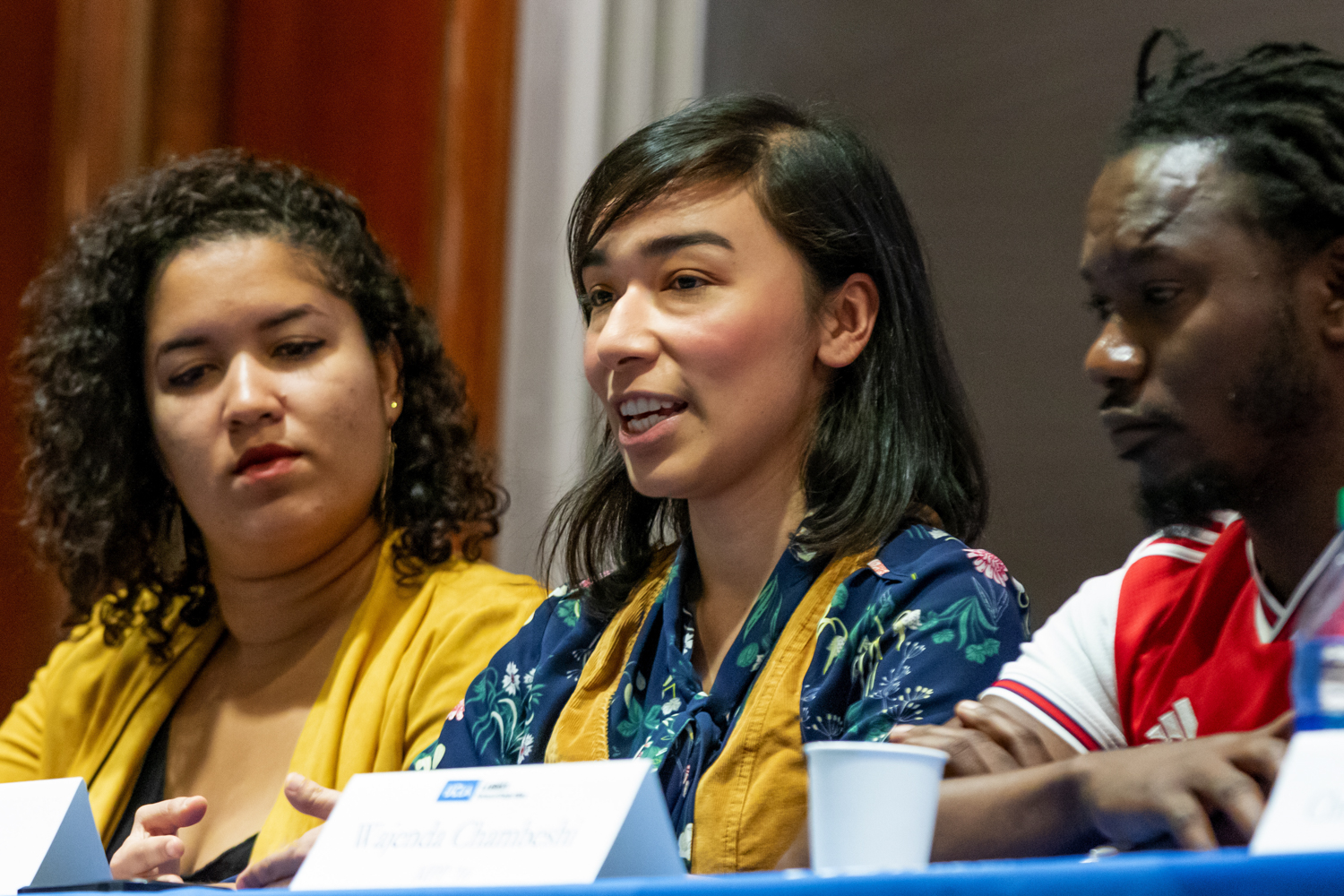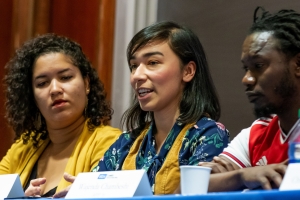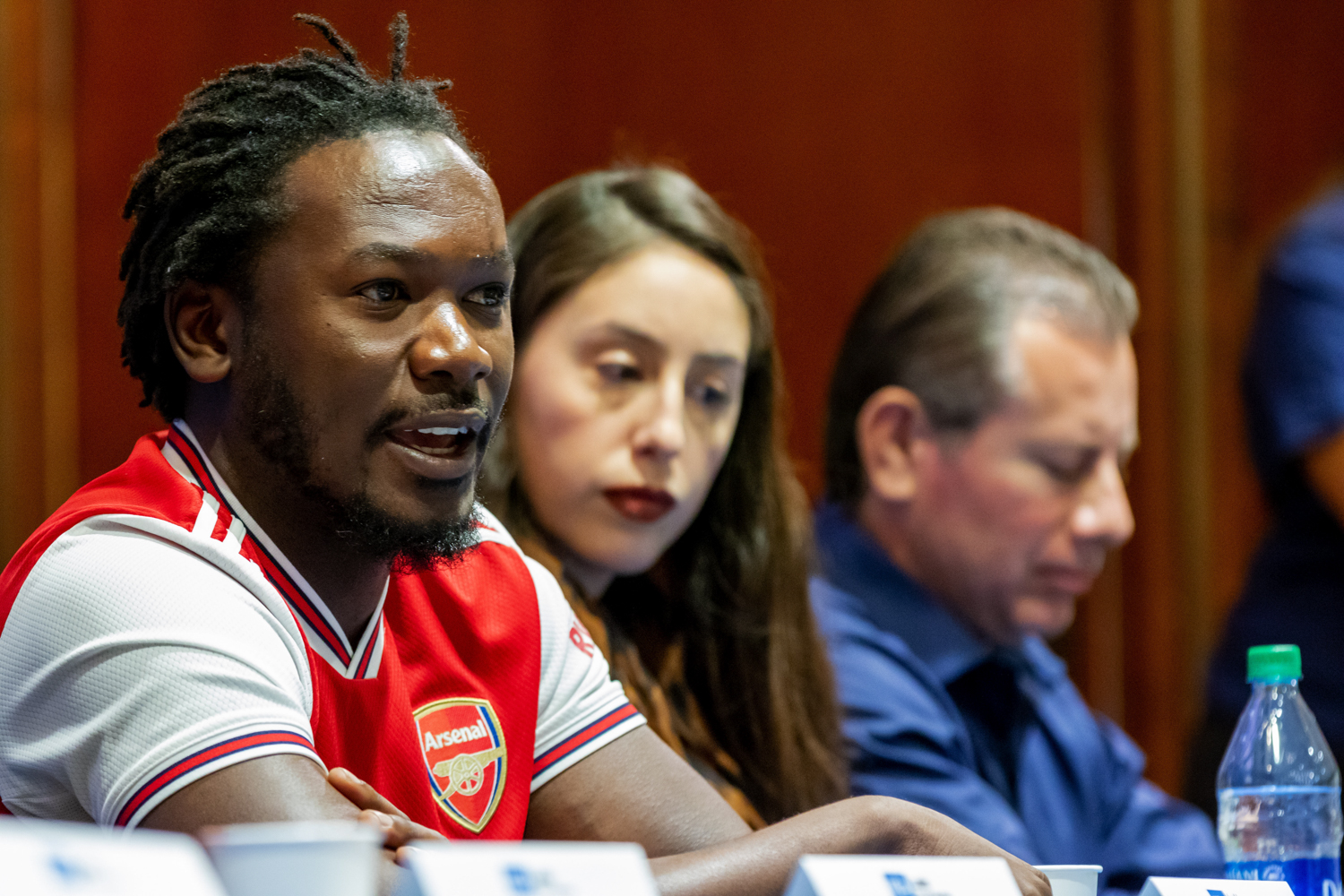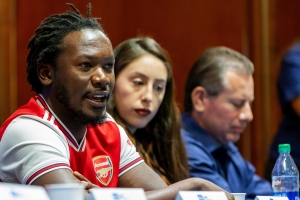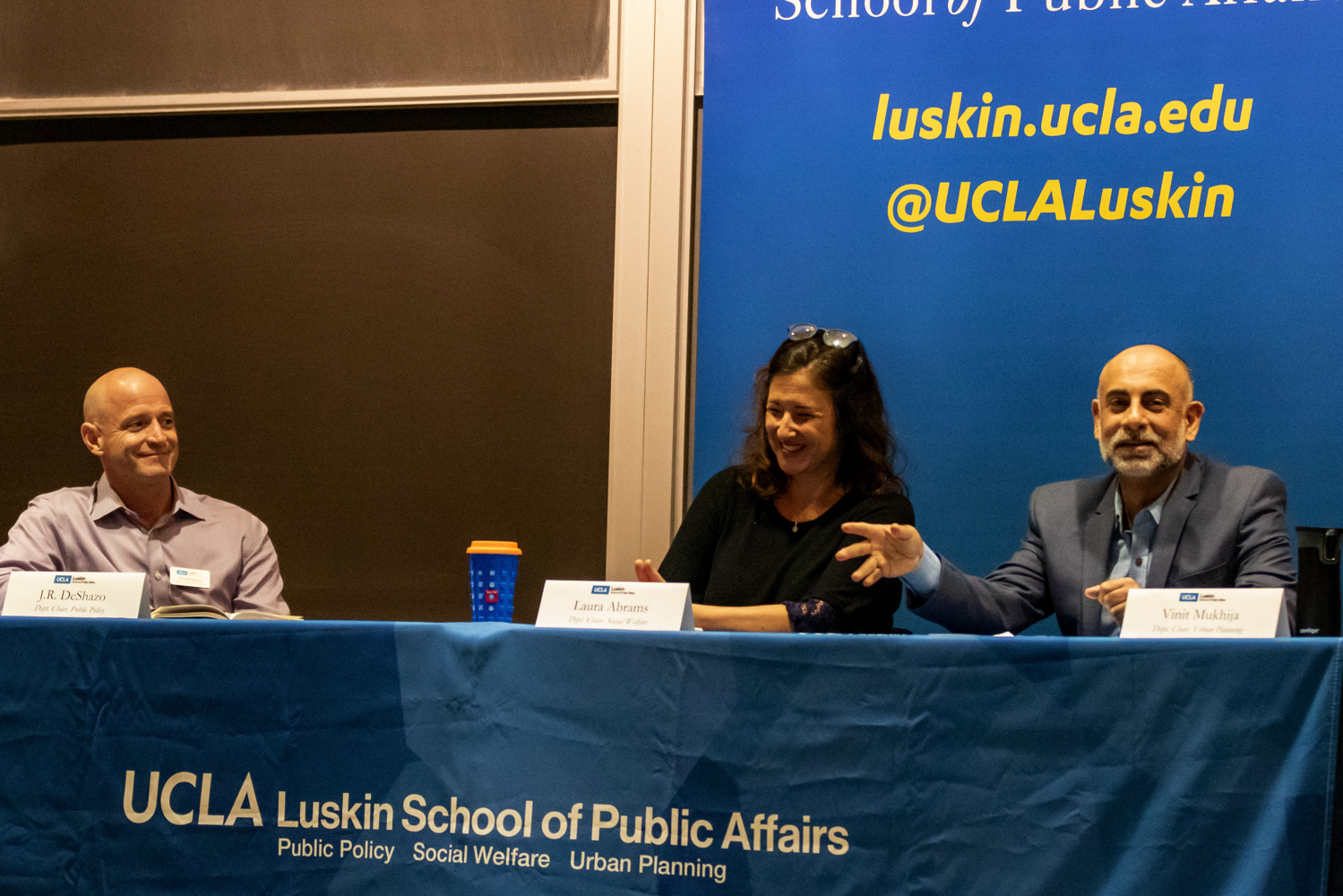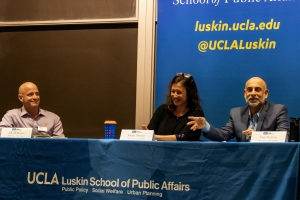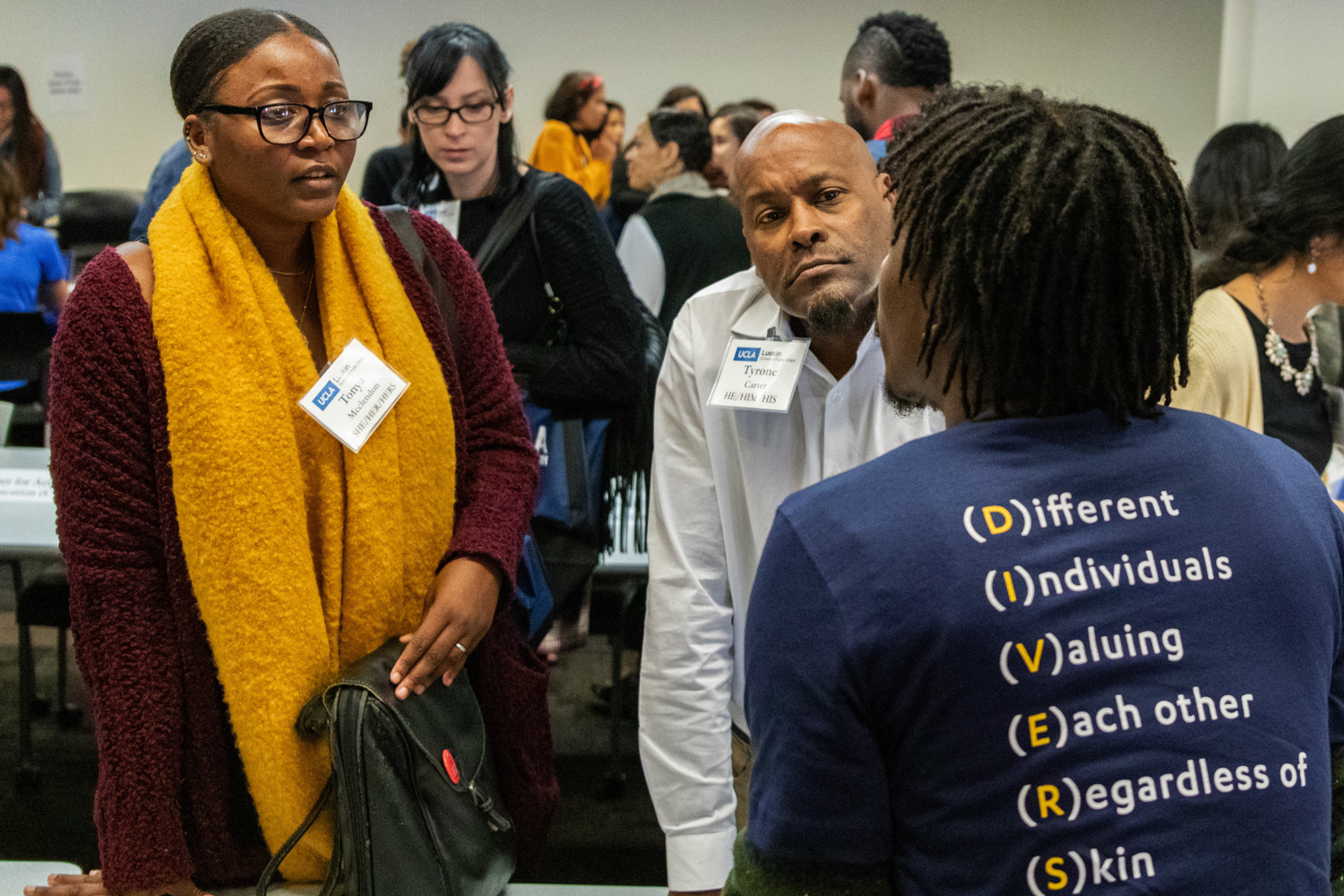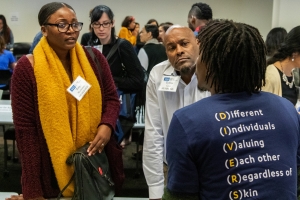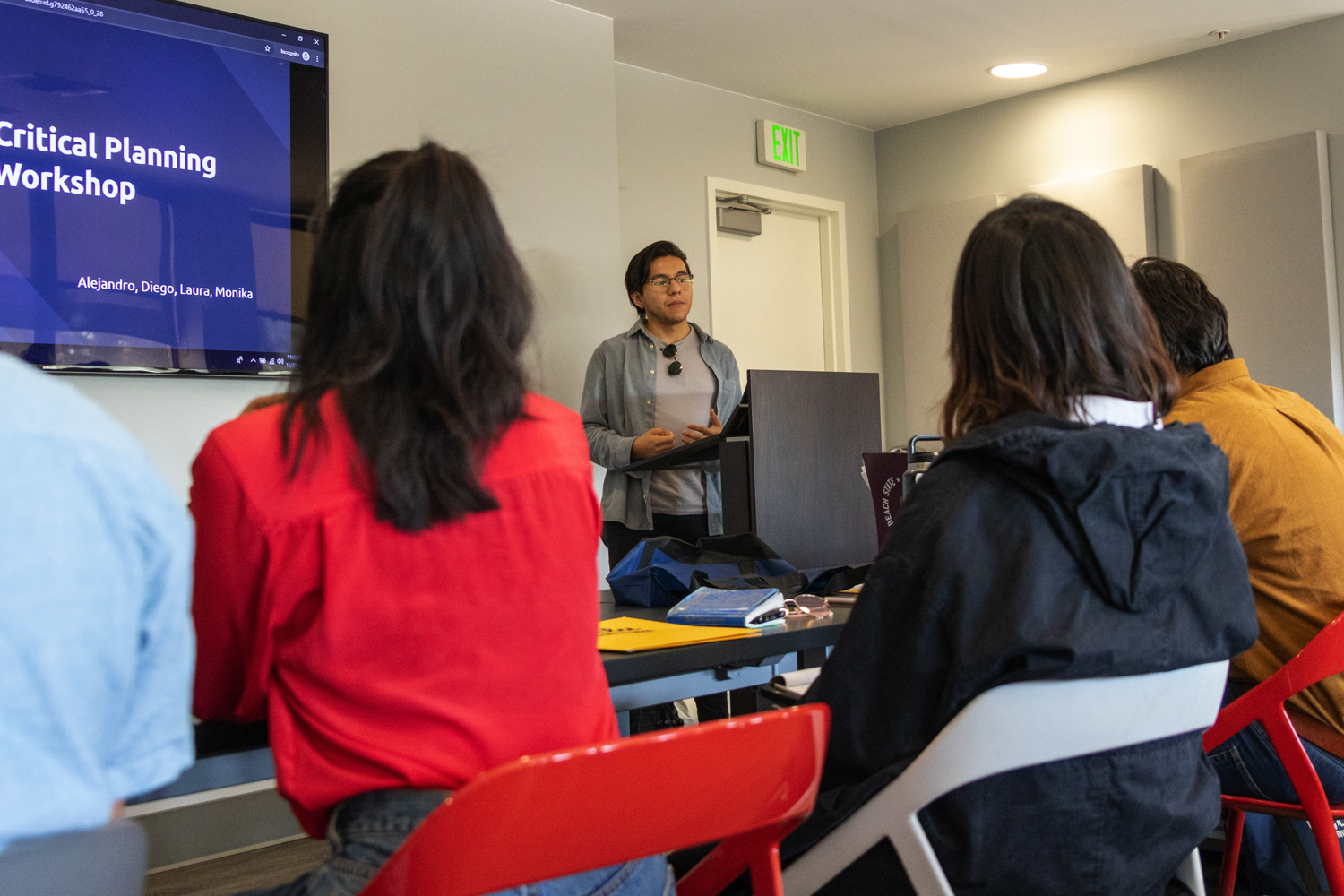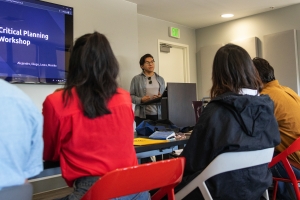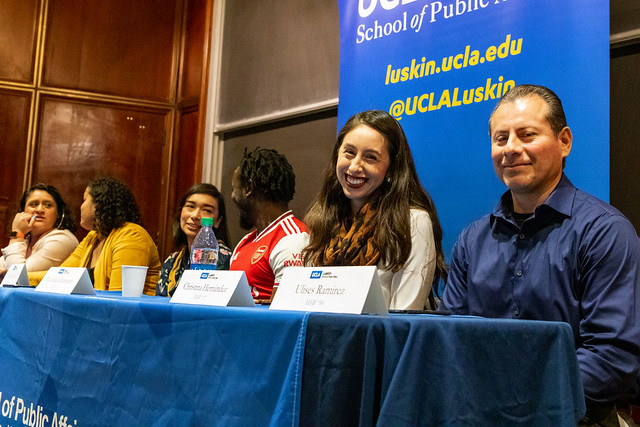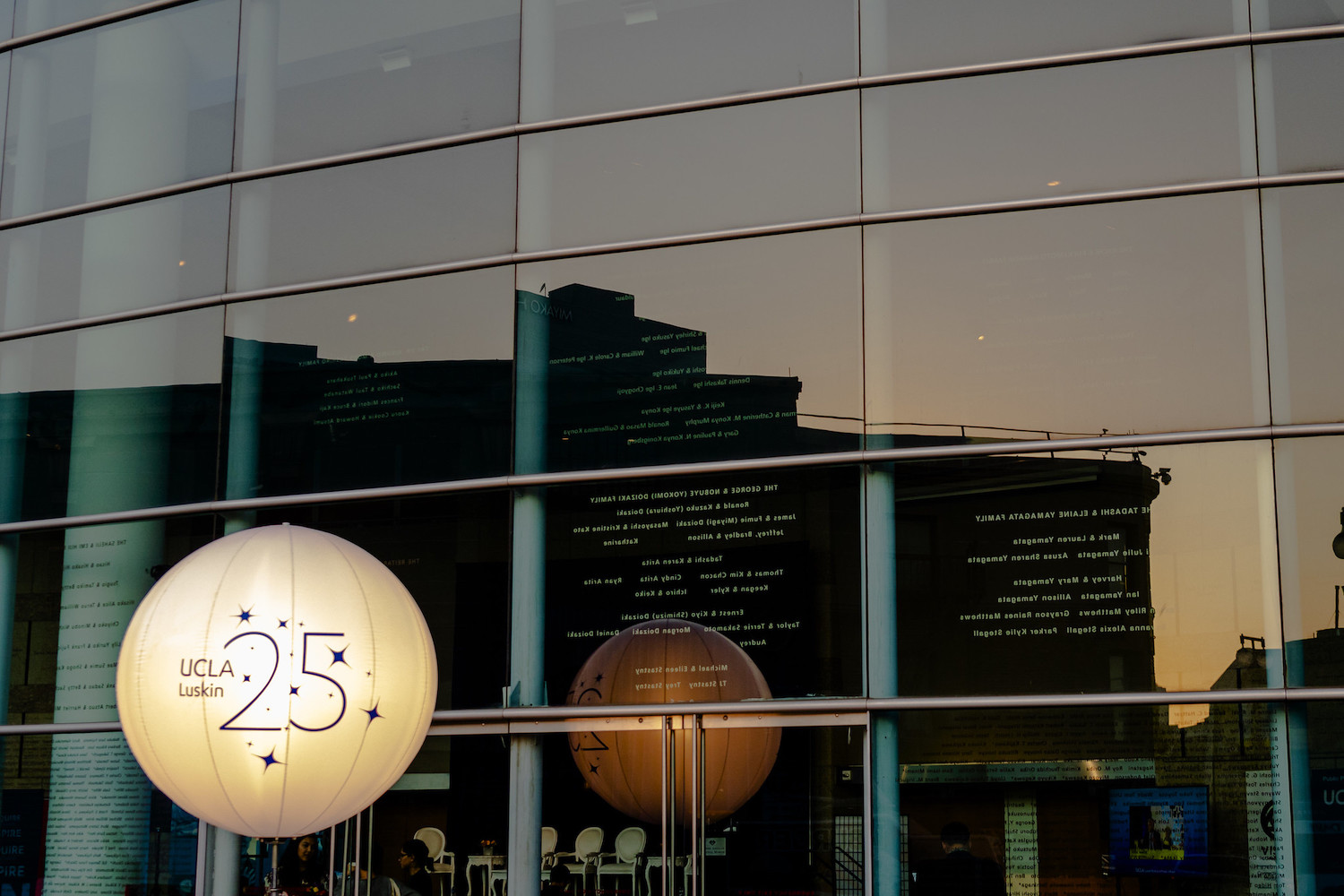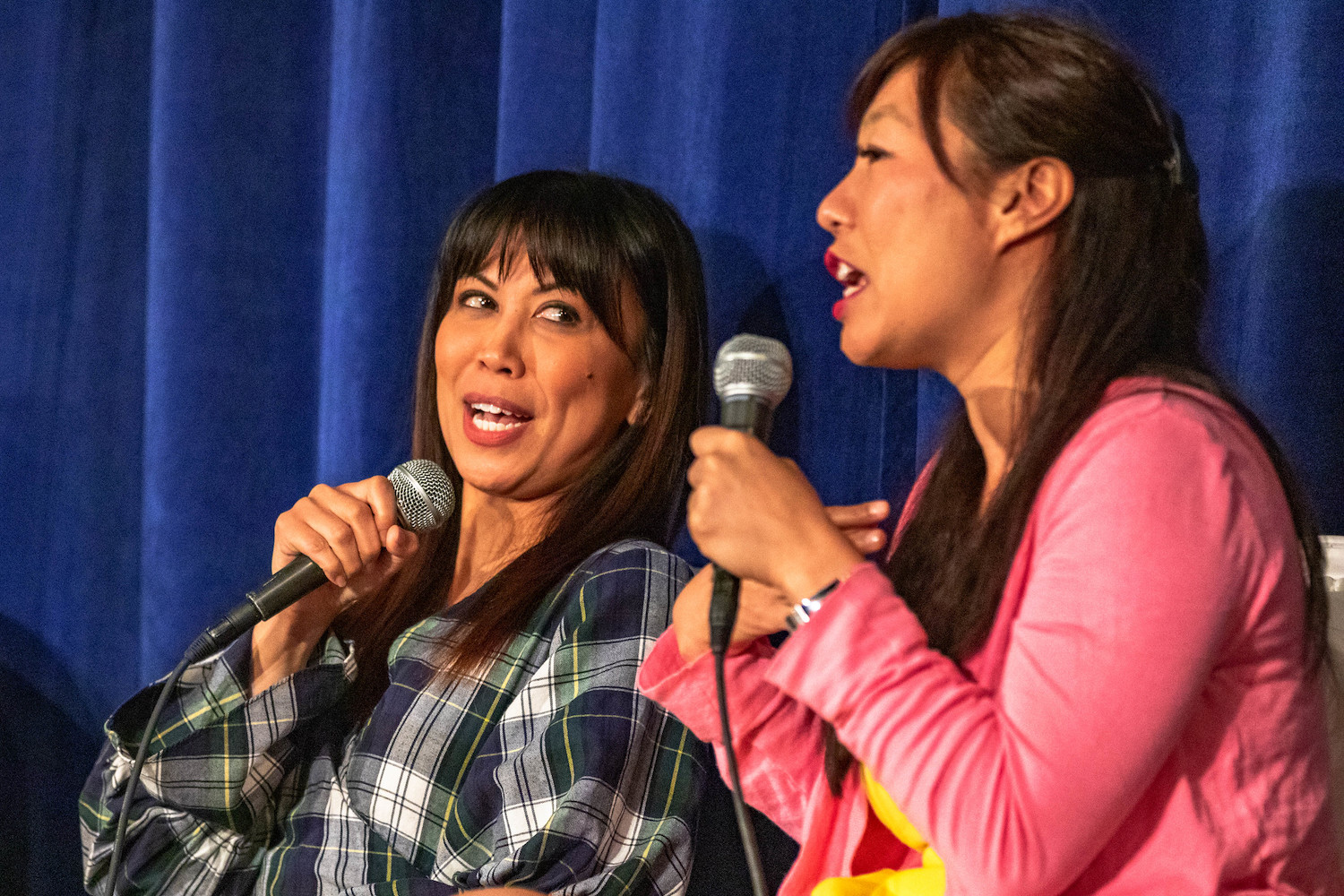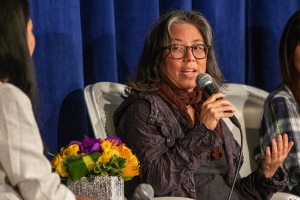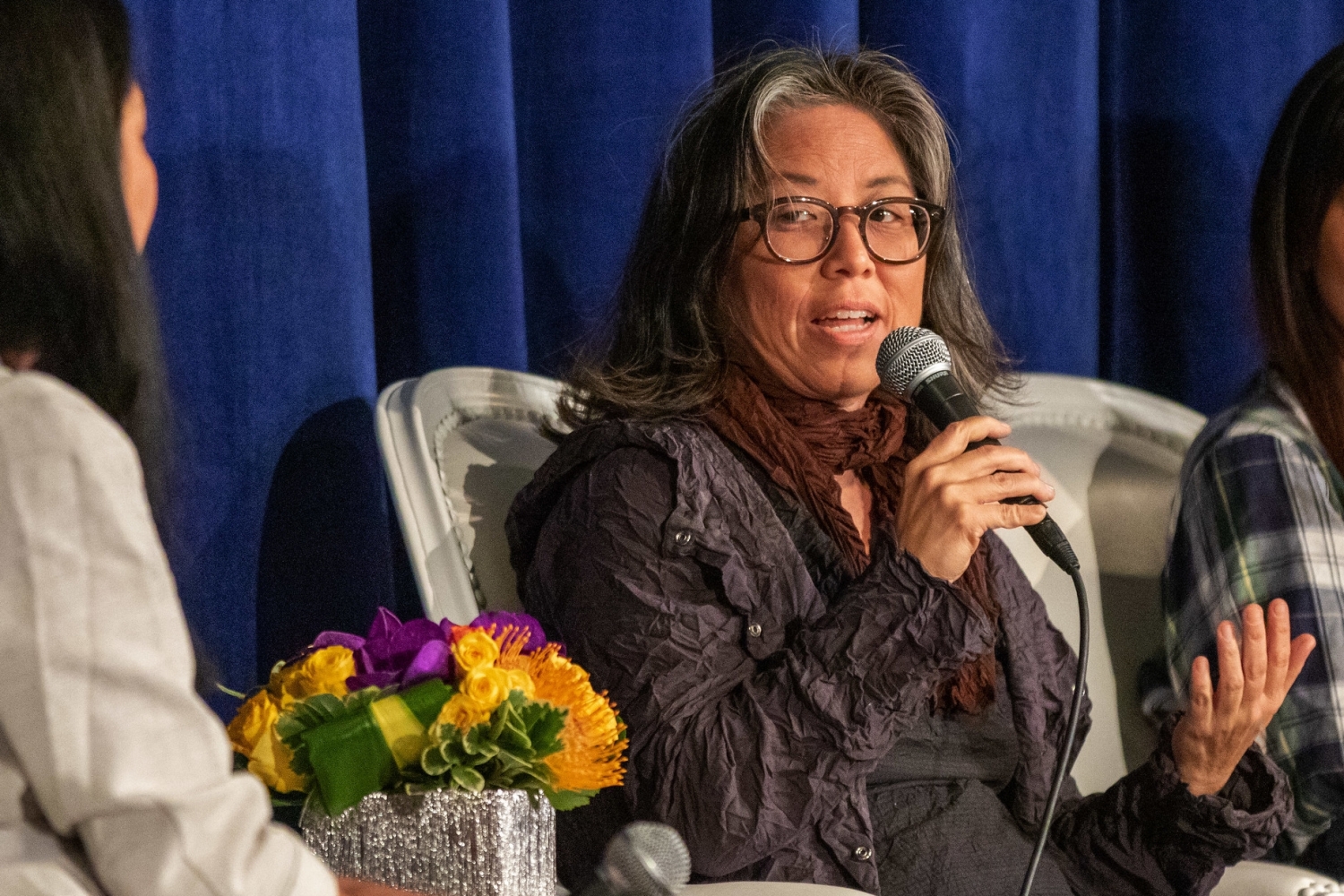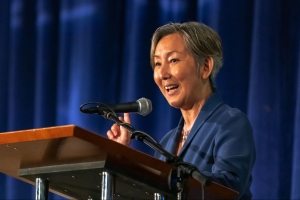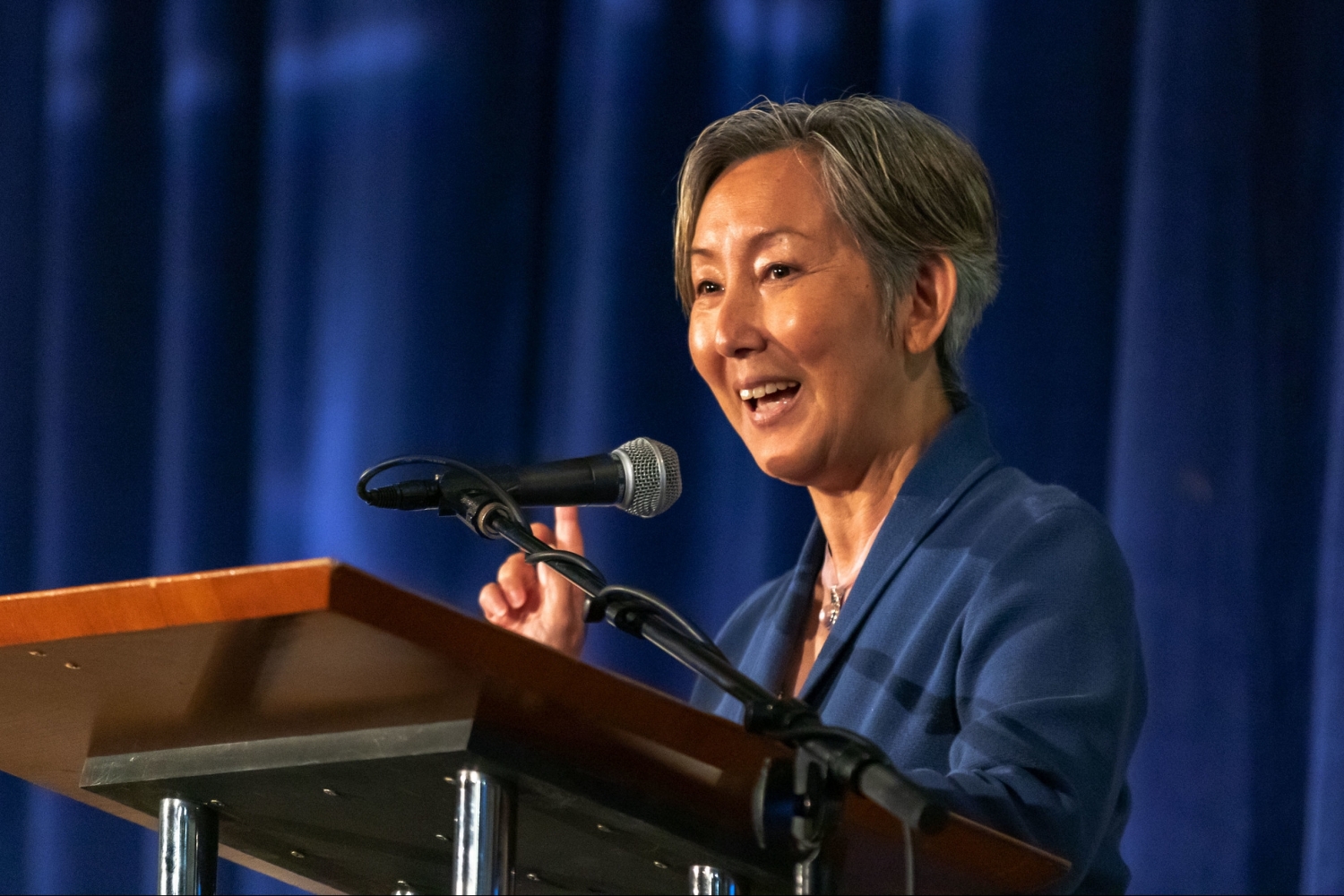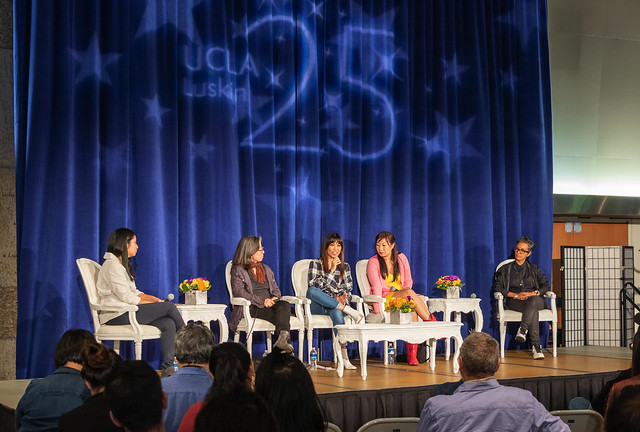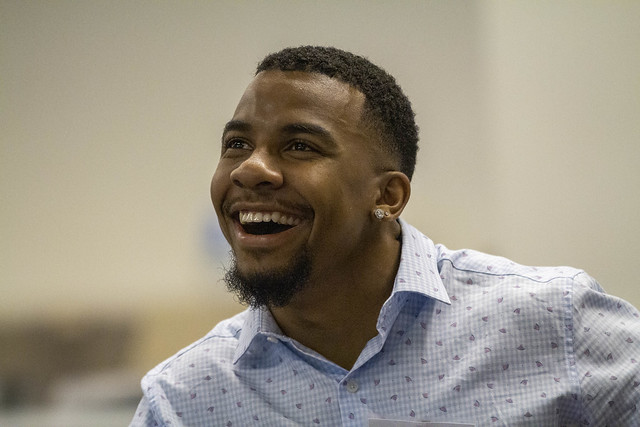Former HUD Secretary Julián Castro on Future of Federal Housing Webinar with the former Democratic presidential candidate includes UCLA Luskin housing experts in a discussion of urgent policy priorities
By Bret Weinberger
Former U.S. Secretary of Housing and Urban Development Julián Castro characterized the seriousness with which American society ought to address the nationwide housing crisis by saying during a recent UCLA virtual event, “All of us have a responsibility to solve this challenge.”
Castro said there is no time to waste in facing this issue, with an eviction crisis looming because of economic fallout from the coronavirus pandemic. The Nov. 5 webinar focused on the future of federal housing policy as part of the Housing, Equity and Community Series, a joint endeavor of the UCLA Lewis Center for Regional Policy Studies and the UCLA Ziman Center for Real Estate.
Castro and Michael Lens, associate faculty director of the Lewis Center, spoke amid uncertainty regarding the nation’s political landscape just days before major news outlets called the race for President-elect Joe Biden. They delved into the interconnectedness of multiple ongoing crises and came ready with policy solutions.
Regarding protections for those who struggle to remain housed, Castro said that local governments should be empowered to enact rent control measures, even if it isn’t a one-size-fits-all remedy. And the federal government should robustly enforce the Fair Housing Act by working with local governments to put together implementation plans, as was the practice when he served in the Obama administration.
Castro, who unsuccessfully ran for president in 2020, also suggested changing the tax code to favor non-homeowners by offering a renters’ tax credit.
When Lens brought up the infusion of racial politics into housing policy, Castro castigated the Trump administration for assuming that racism exists among suburbanites and ignoring the realities of diversifying suburbs. He said their rhetoric translated into policy changes, such as removing protections against housing discrimination and underfunding key programs, that have exacerbated the housing crisis.
Castro raised cause for hope on the topic of homelessness when he said that both parties could agree on tackling veteran homelessness. He shared an experience of visiting Los Angeles’ Skid Row while HUD secretary.
“You can’t tell, just by looking at someone, why they’re there. You can’t stereotype them,” he said.
Lens also joined a second portion of the event that featured a roundtable discussion about topics covered by Castro, joining Cecilia Estolano MA UP ’91, founder and CEO of the urban planning firm Estolano Advisors, and José Loya, assistant professor of urban planning at UCLA Luskin.
“We need to be strategic, and we need to work fast,” Estolano said. She argued that incomes need to rise for people to afford high housing costs. Policies helping minority-owned businesses could have a major impact, she said.
Like Castro, Loya focused on how the tax code could be rewritten to help renters and low-income homeowners. This centered on granting tax credits to these groups rather than to wealthier homeowners.
One theme resonated with all the speakers: The new government, whatever its composition, must face housing head on. Americans — whether rural, suburban or city-dwelling — can’t afford otherwise.
View a video of the session on YouTube:
